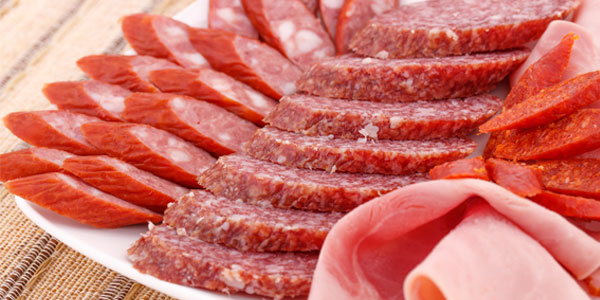Do foods, drinks and additives trigger migraine attacks? The best answer may be, “That depends.”
Some people find that eating or drinking certain things can trigger migraine attacks. It also appears that certain additives—artificial sweeteners, preservatives and flavor enhancers—trigger headaches in some migraine sufferers. But whether foods, drinks and additives affect you—and which ones—may depend on the genes you inherited.
Researchers have identified at least a dozen genes connected to migraine. They’ve also found that most migraine sufferers have multiple genes that interact with triggers to set attacks in motion. Practically speaking, that means that certain foods, drinks and additives could trigger migraine attacks in some migraine sufferers and not affect others. It also means that what you consume may not trigger an attack unless other physical, environmental or emotional triggers are also present.










